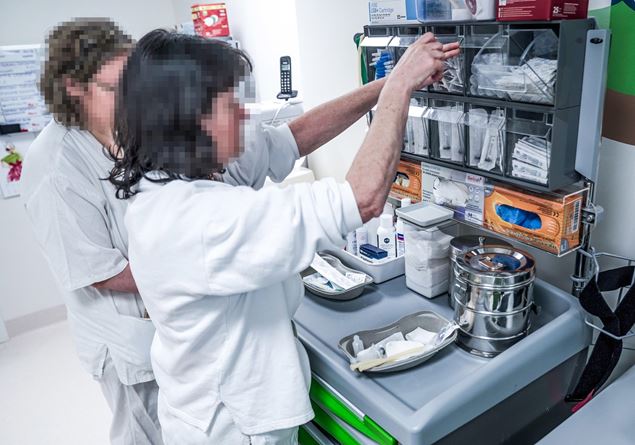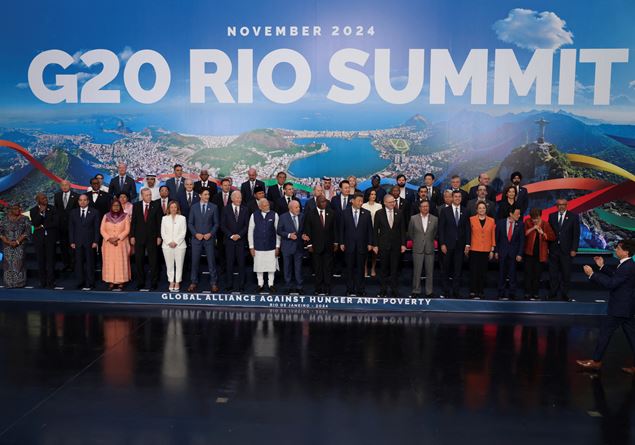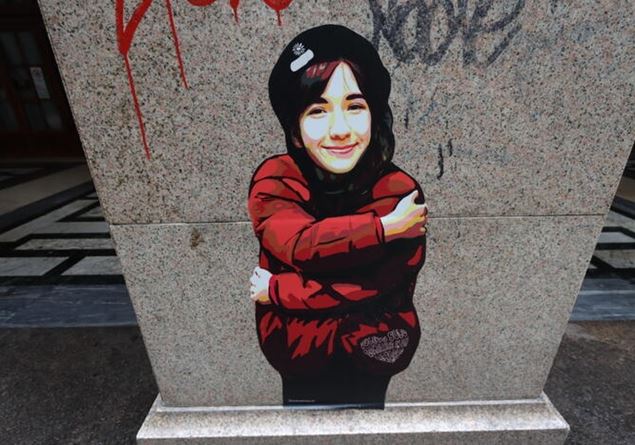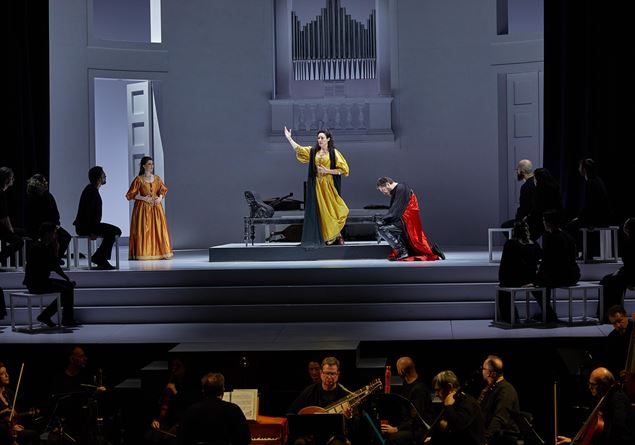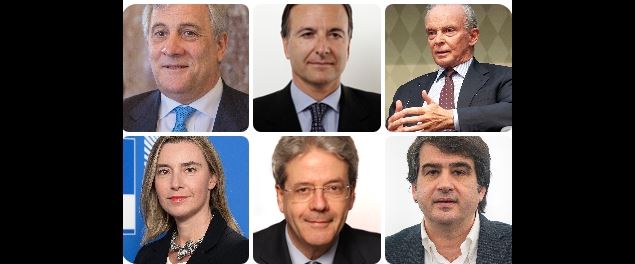
Italy, one of the founding countries of the European Union, has had a constant presence within the European Commission since its establishment. Italian commissioners have occupied key positions and influenced community policies in crucial sectors such as economy, industry, competition and foreign policy. In this article we retrace the history of the main Italian commissioners, from their first assignment to their last.
Piero Malvestiti (1958-1961)
The first Italian commissioner was Piero Malvestiti, who served as vice-president of the Commission of the European Economic Community (EEC) from 1958 to 1961. Malvestiti was responsible for the internal economy and the common market, crucial issues in a Europe that was just beginning the process of integration.
Joseph Petrilli (1958-1960)
Giuseppe Petrilli, appointed in 1960, dealt with important dossiers related to social and labor policy. He was among the pioneers in the promotion of social rights and working conditions within the EEC.
Giuseppe Caron (1959-1962)
Giuseppe Caron, active between 1961 and 1967, played key roles in the development of the European internal market. He was Commissioner for Competition and the Common Market, promoting the economic integration of member countries.
Lionello Levi Sandri (1962-1970)
Lionello Levi Sandri, Commissioner for Social Affairs from 1961 to 1970, focused on issues related to work and social rights, contributing significantly to the free movement of workers within the EEC.
Guido Colonna from Paliano (1964-1970)
Guido Colonna di Paliano was Commissioner for External Relations and Trade Policies, a role in which he was responsible for strengthening economic relations between the EEC and third countries, promoting an open and competitive trade policy.
Edward Martin (1967-1970)
Edoardo Martino served as Commissioner for Education and Culture, promoting initiatives for cultural integration and the harmonization of educational systems within the European Community.
Altiero Spinelli (1970-1973)
Altiero Spinelli, one of the most influential figures in the history of European federalism, was Commissioner for Industrial Policy and Scientific Research from 1970 to 1976. He is remembered for his commitment to promoting greater European cooperation in scientific research and industrial development.
Carlo Scarascia Mugnozza (1972-1973)
Carlo Scarascia Mugnozza was Commissioner for Agriculture from 1972 to 1981, a period in which the Common Agricultural Policy (CAP) was one of Europe’s priorities. His role was crucial in the implementation of agricultural policies at the Community level.
Franco Maria Malfatti (1970-1972)
Franco Maria Malfatti was President of the European Commission between 1970 and 1972. During his short term, he worked to strengthen political and economic integration among Member States.
Cesidio Guiazzaroni (1976-1977)
Guiazzaroni, with a mandate from 1973 to 1977, dealt with markets and finance, with a focus on economic and financial cooperation between Member States, in a period of strong economic growth for Europe.
Lorenzo Natali (1981-1989)
Lorenzo Natali served two terms as Commissioner, first as Commissioner for Environment and Enlargement and then as Commissioner for Development Cooperation. Under his leadership, the EU saw an expansion of its environmental and international development policies.
Carlo Ripa of Meana (1985-1992)
Carlo Ripa di Meana was European Commissioner for the Environment, a position during which he promoted a series of important regulations for environmental protection in Europe, with particular attention to air and water quality.
Antonio Giolitti (1977-1985)
Antonio Giolitti, Commissioner for Regional Policy and Budget, was instrumental in developing European cohesion policy, helping to reduce disparities between European regions.
Filippo Maria Pandolfi (1989-1992)
Filippo Maria Pandolfi served as Commissioner for Research and Development, a key portfolio for technological innovation. Under his leadership, the first major European research projects were launched.
Paul Baratta (1993-1995)
Paolo Baratta, Commissioner for the Internal Market and Financial Services, worked to strengthen European economic integration by promoting a more harmonised internal market.
Raniero Vanni d’Archirafi (1993-1995)
D’Archirafi was Commissioner for External Relations and the Internal Market. During his mandate, he promoted the integration of European economies and worked to consolidate the Union’s relations with third countries.
Mario Monti (1995-2004)
Mario Monti, Commissioner for the Internal Market and later for Competition, is known for his battles against monopolies and anti-competitive practices. Under his leadership, the Commission imposed significant fines on large companies such as Microsoft.
Emma Bonino (1995-1999)
Emma Bonino, a human rights activist, served as Commissioner for Humanitarian Aid and Fisheries. She is remembered for her commitment to promoting human rights and international solidarity.
Romano Prodi (1999-2004)
Romano Prodi was President of the European Commission from 1999 to 2004. During his term, the Union went through one of its most important enlargements, with the entry of ten new Member States in 2004.
Franco Frattini (2004-2008)
Franco Frattini was Commissioner for Justice, Freedom and Security. During his mandate, the EU took important measures to fight terrorism and organised crime, strengthening cooperation between Member States in these areas.
Antonio Tajani (2008-2014)
Antonio Tajani served as Commissioner for Transport and then for Industry and Entrepreneurship. Tajani focused on promoting small and medium-sized enterprises and improving transport efficiency in Europe.
Ferdinand Nelli Ferocious (2014)
Ferdinando Nelli Feroci was a Commissioner for a short period in 2014, dealing with Industry and Entrepreneurship. He is remembered for his contribution to European industrial policies at a time of economic crisis.
Federica Mogherini (2014-2019)
Federica Mogherini, as High Representative for Foreign Policy and Security, played a key role in European diplomacy, managing the EU’s international relations and negotiating the nuclear deal with Iran.
Paul Gentiloni (2019-2024)
Paolo Gentiloni, Commissioner for Economy, was tasked with managing the European Union’s economic response during the COVID-19 pandemic, overseeing the NextGenerationEU recovery plan.
Raffaele Fitto (2024 – in office)
Raffaele Fitto has been appointed Executive Vice-President for Cohesion and Reforms in 2024. His main role is to manage the funds of the National Recovery and Resilience Plan (PNRR) and implement the reforms needed to ensure greater cohesion among European regions.


